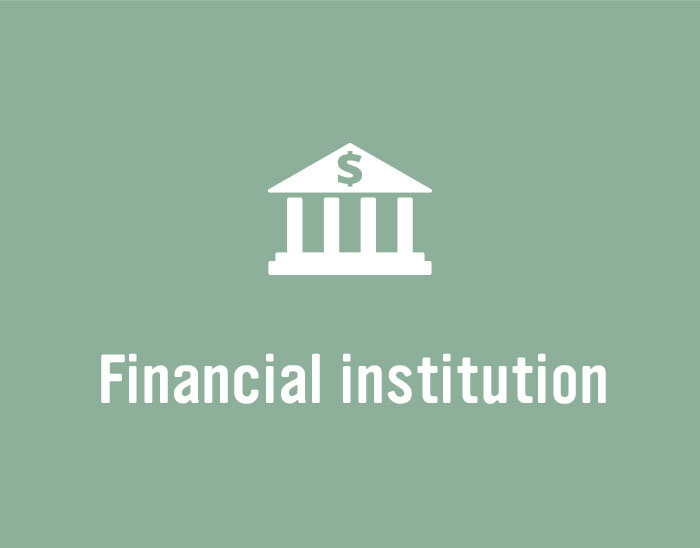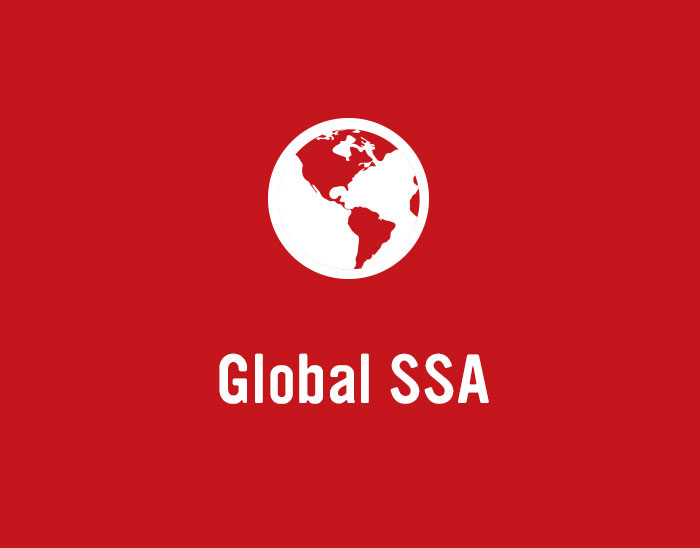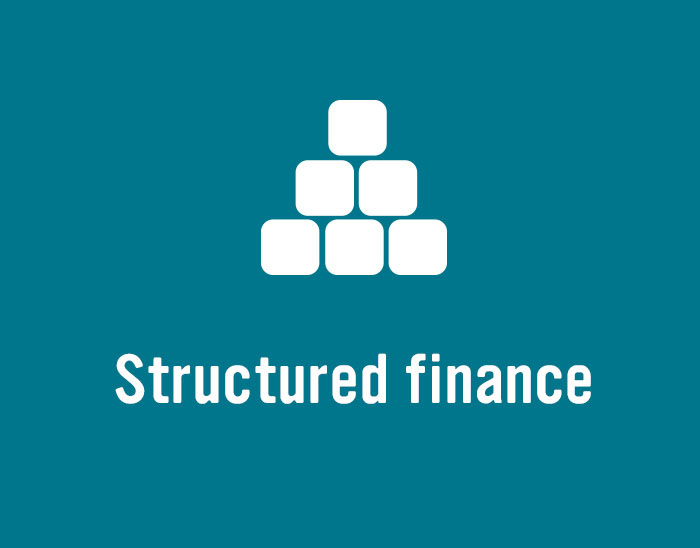
News

The second full week of November saw World Bank in the market for its first Kangaroo green bond since 2014 and Export Development Canada in the Kauri market for the first time since 2016. Meanwhile, Australian securitisation had a productive week, with A$1.8 billion (US$1.3 billion) priced across three transactions from La Trobe Financial, Think Tank Group and Resimac.

Transurban’s recent Maple bond, the first from an Australian corporate borrower in the market since 2012, came about due to the issuer’s recent acquisition of a Canadian asset. However, deal sources suggest the market could present a diversification opportunity for other Australian corporate borrowers.

On 15 November, World Bank (AAA/Aaa) launched a new, indicative A$300 million (US$218.2 million) seven-year Kangaroo green-bond transaction, marking the 10-year anniversary of the first green bond issued in 2008. Indicative price guidance for the forthcoming deal is 39 basis points area over semi-quarterly swap, equivalent to 48.25 basis points area over Australian Commonwealth government bond.

On 15 November, HSBC New Zealand (HSBC NZ) (AA-/Aa3) revealed plans for a new, three-year domestic floating-rate note (FRN) transaction, to be led by BNZ, HSBC and Westpac Banking Corporation New Zealand Branch. The deal is expected to launch early in the week beginning 19 November.

On 15 November, Export Development Canada (EDC) (AAA/Aaa) mandated BNZ and Commonwealth Bank of Australia for a new, benchmark five-year Kauri bond. The forthcoming deal has indicative price guidance of 38 basis points area over mid swap and is expected to price on or before 16 November.


